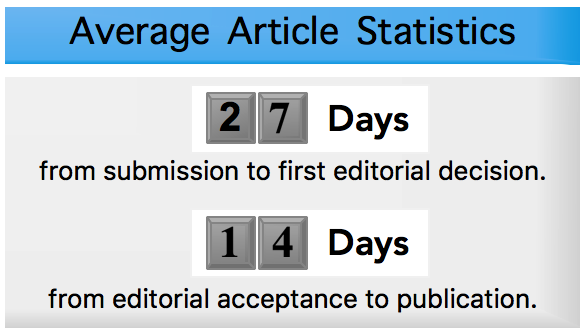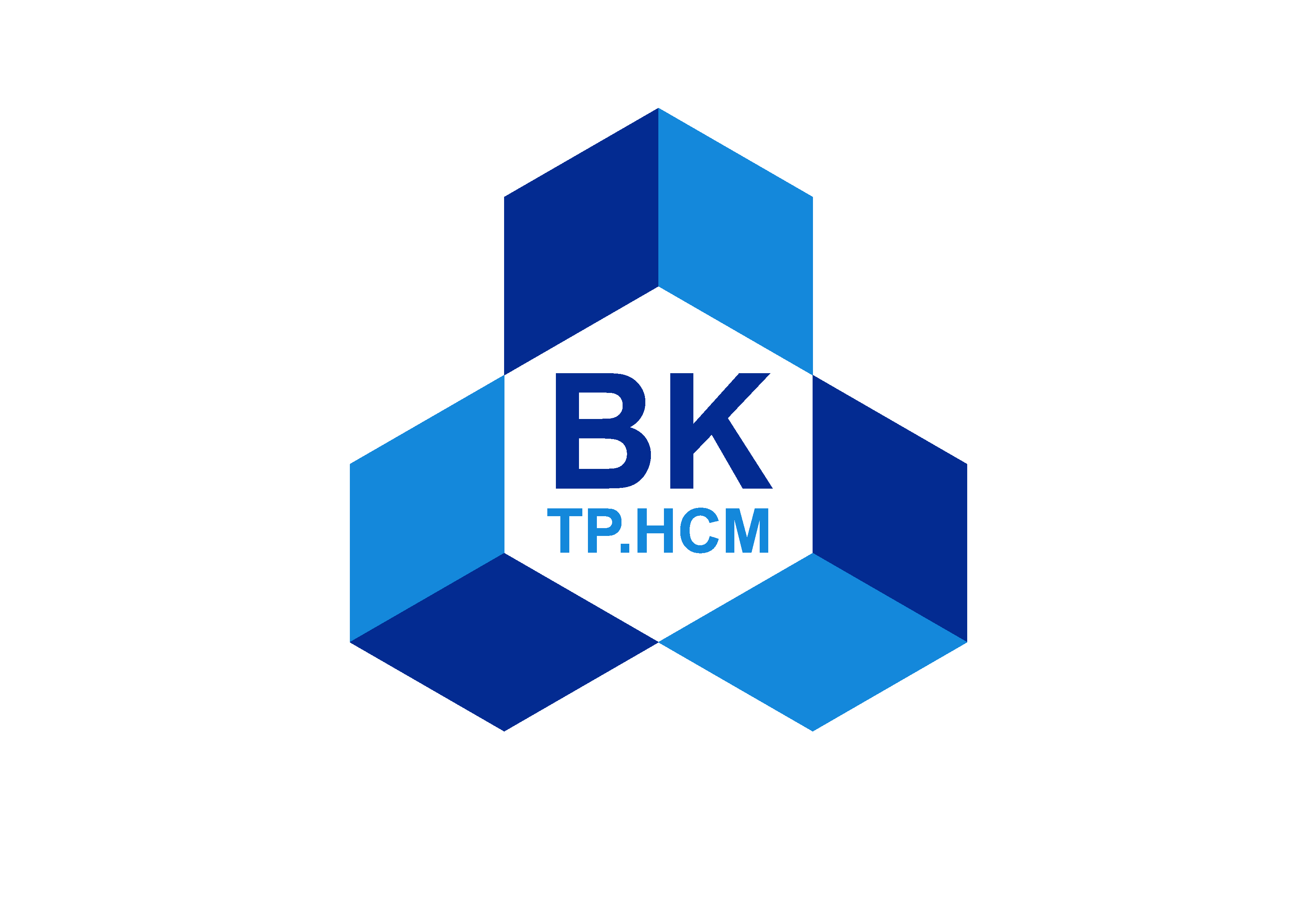Downloads
Abstract
Dragon fruit is a typical crop being grown commercially in tropical areas, especially in Viet Nam. Dragon fruit seeds are the waste type disposed of in beverage processing due to difficulties in seed separation and the presence of seed mucilage. The objective of this study was to investigate the effects of enzymatic treatment on seed mucilage degradation as well as the impacts of air-drying temperature on quality attributes of red-flesh (Hylocereus polyrhizus) dragon fruit seeds. The maximum mucilaginous layer degradation by commercial pectinase preparation (Pectinex® Ultra SP-L) was 84.9% when the seed:water ratio, enzyme concentration, and treatment time were 1:0 (w/w), 10 U/g seed, and 75 min, respectively. The increase in the drying temperature from 50°C to 70°C decreased the drying time by 61.9% but increased the total phenolic content of dehydrated seeds by 20.7%. Further increase in drying temperature from 70°C to 90°C reduced drying time and total phenolic content by 75% and 9.5%, respectively. Seeds dried at 70°C for 8 h indicated the highest retention of the total phenolic content (588±11 mg GAE/100g dry matter) and antioxidant activity (DPPH free radical scavenging activity: 9000±59 µmol TE/100g dry matter). Dragon fruit dried seeds were considered a valuable source of nutrients and antioxidants that can be further used in formulation of different food products.
Issue: Vol 5 No 1 (2022)
Page No.: 1407-1416
Published: Apr 30, 2022
Section: Research article
DOI: https://doi.org/10.32508/stdjet.v5i1.946
PDF = 398 times
Total = 398 times

 Open Access
Open Access 










